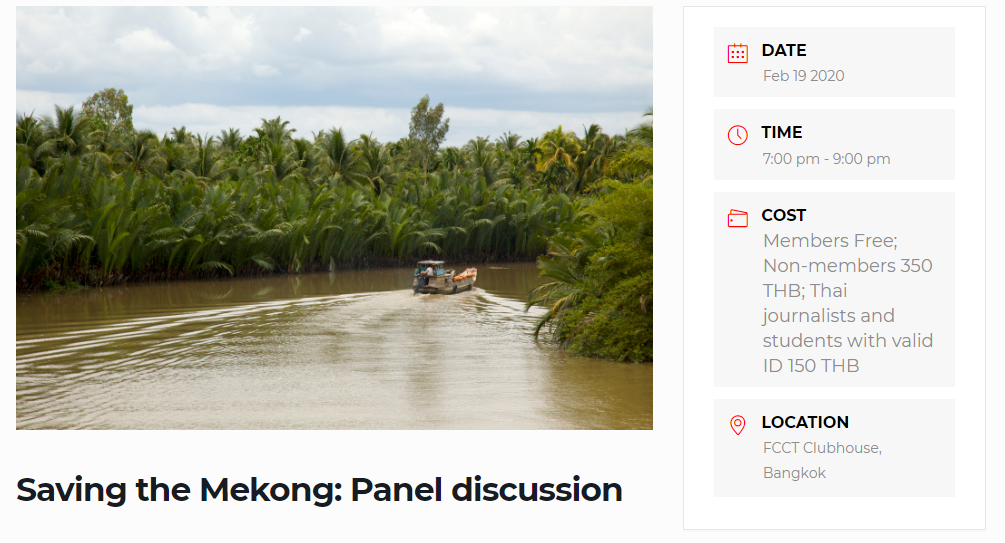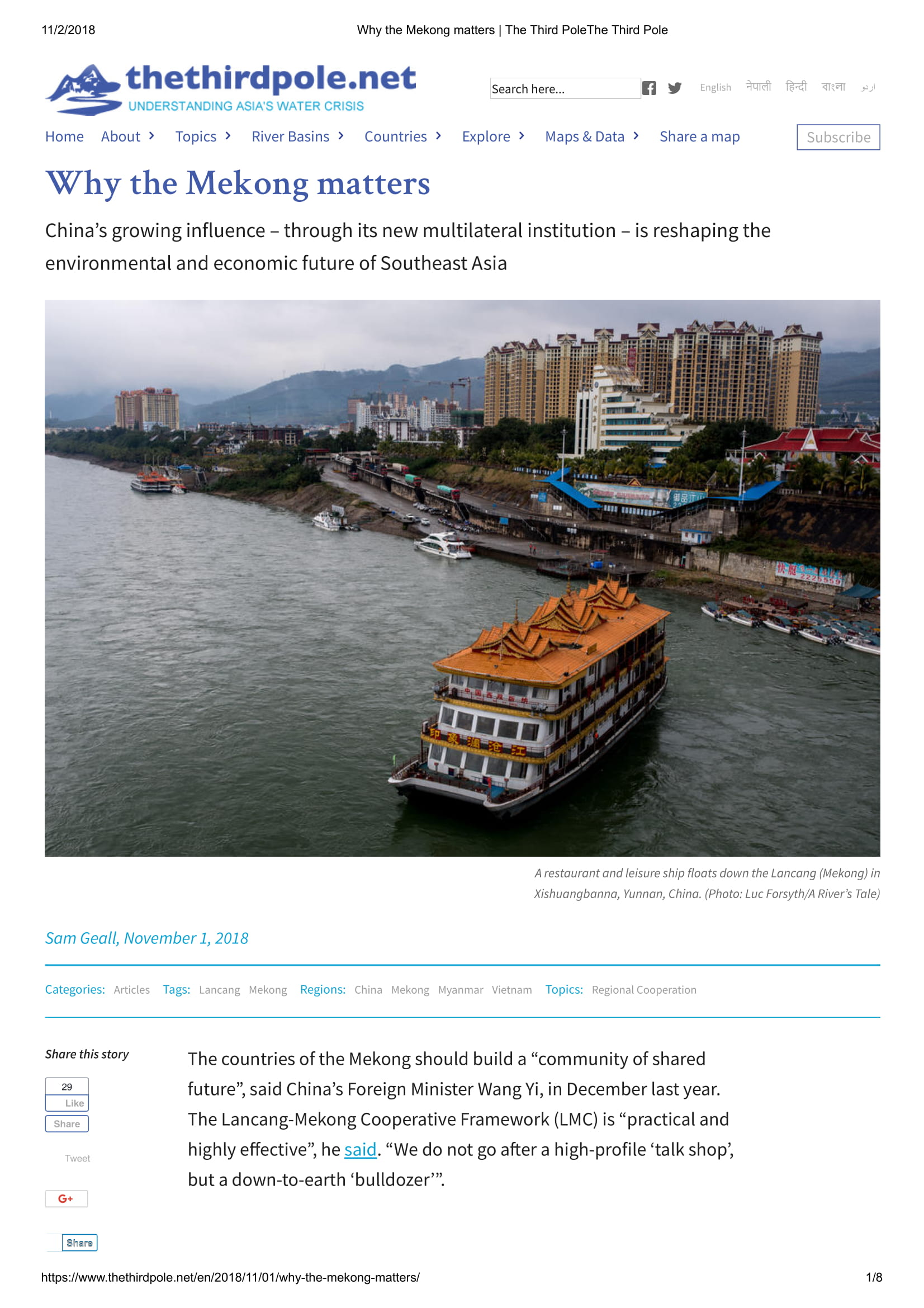UPCOMING EVENT: Commoning water(s): Resources, Services and Ecological Justice in Asia [26 October 2022]
/Commoning water(s): Resources, Services and Ecological Justice in Asia
26 October 2022 from 6.30 to 8pm, Alliance Française Media Library, 179 Thanon Witthayu, Lumphini, Pathum Wan
Co-organizers: Center for Social Development Studies (CSDS), Chulalongkorn University; Chulalongkorn University UNESCO Chair in Resource Governance and Futures Literacy; SustainAsia; Research Institute on Contemporary Southeast Asia (IRASEC); Institute of Political Sciences (Sciences Po) Toulouse; and Heinrich Böll Foundation
Free admission with registration.
Inclusive and just water security is widely recognized as principal challenge in the era of the Anthropocene. Water insecurity affects the livelihoods of both rural and urban populations in Southeast Asia, and the wider the Global South.
This public event brings together academics and practitioners working on the frontiers of addressing the complex challenges and tensions surrounding water security and ecological justice. The roundtable panelists will explore how commoning approaches are emerging in Asian contexts to address these issues, which are being further exacerbated by climate change and increased urbanization. Panelists will explore the role of citizens, governments, and other actors in shaping the commons, the approaches that they have been working with both to secure water for basic human needs in the short term and to manage long-term ecological impact.
Our panelists include:
Dr. Apisom Intralawan, Institute for the Study of Natural Resource Management and Environmental Management, Mae Fah Luang University
Prof. Dr. Catherine Baron, Sciences Po Toulouse
Karen Delfau, PhD candidate at Sciences Po Toulouse
Dr. Anindrya Nastiti, Institut Teknologi Bandung
Phong Huynh, Deputy Project Manager, GRET (Laos)
The panel will be moderated by Gabriel Facal, IRASEC Deputy Director.
Panelists will explore dilemmas related to groundwater sustainability and increasing human basic needs requirements; commoning ponds to support human and ecological needs in Laos; urban commoning in the Global South; gender considerations for commons and commoning; and wetlands and rivers as commons.
We welcome participants to support the development of an interdisciplinary dialogue to explore how these approaches can be applied to emerging water challenges across the region.
This public event is associated with the Deep Dive “Governing water(s) as a common: Innovative experiences of coproduction in Southeast Asia and Beyond” held on 26 and 27 October at Chulalongkorn University. Further details are here.











![UPCOMING PUBLIC SEMINAR: "Beyond Nature and Culture of Modern Thai Water Engineering, the Ontology of Infrastructure" by Jakkrit Sangkhamanee [16 December 2016]](https://images.squarespace-cdn.com/content/v1/575fb39762cd94c2d69dc556/1494913161726-F7WY3MO43525W2BNBXUH/jakkrit.jpeg)
![UPCOMING INTERNATIONAL CONFERENCE: "2016 Greater Mekong Forum on Water, Food, and Energy" [9-11 November 2016]](https://images.squarespace-cdn.com/content/v1/575fb39762cd94c2d69dc556/1477477888652-W7NQ8PYQXJKSWDI1URXP/2016forumlogo.jpg)
![UPCOMING INTERNATIONAL CONFERENCE: "Mekong, Salween and Red Rivers: Sharing Knowledge and Perspectives Across Borders" [12 November 2016]](https://images.squarespace-cdn.com/content/v1/575fb39762cd94c2d69dc556/1494913396956-RIT2S294D2GU6TW5AACR/Poster-_update-25.10.16-1.jpg)